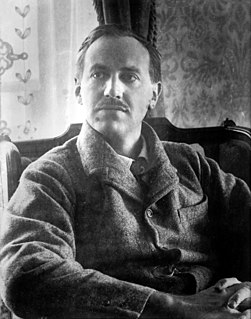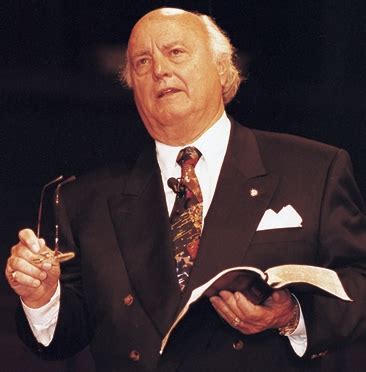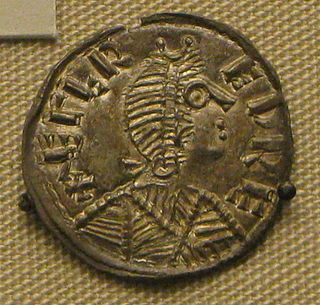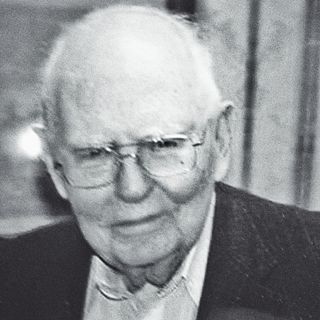A Quote by Arthur Frederick Saunders
Pride, like laudanum and other poisonous medicines, is beneficial in small, though injurious in large, quantities. No man who is not pleased with himself, even in a personal sense, can please others.
Related Quotes
There are three kinds of nature in man, as Nicetas Stethatos further explains: the carnal man, who wants to live for his own pleasure, even if it harms others; the natural man, who wants to please both himself and others; and the spiritual man, who wants to please only God, even if it harms himself. The first is lower than human nature, the second is normal, the third is above nature; it is life in Christ.
Wine makes a man better pleased with himself. I do not say that it makes him more pleasing to others. Sometimes it does. But the danger is, that while a man grows better pleased with himself, he may be growing less pleasing to others. Wine gives a man nothing. It neither gives him knowledge nor wit; it only animates a man, and enables him to bring out what a dread of the company has presented.
I believe that the unity of man as opposed to other living things derives from the fact that man is the conscious life of himself. Man is conscious of himself, of his future, which is
death, of his smallness, of his impotence; he is aware of others as others; man is in nature, subject to its laws even if he transcends it with his thought.
I believe in pride of race and lineage and self: in pride of self so deep as to scorn injustice to other selves; in pride of lineage so great as to despise no man's father; in pride of race so chivalrous as neither to offer bastardy to the weak nor beg wedlock of the strong, knowing that men may be brothers in Christ, even though they be not brothers-in-law.
But a man's best friend is the one who not only wishes him well but wishes it for his own sake (even though nobody will ever know it): and this condition is best fulfilled by his attitude towards himself - and similarly with all the other attributes that go to define a friend. For we have said before that all friendly feelings for others are extensions of a man's feelings for himself.
For in prosperity a man is often puffed up with pride, whereas tribulations chasten and humble him through suffering and sorrow. In the midst of prosperity the mind is elated, and in prosperity a man forgets himself; in hardship he is forced to reflect on himself, even though he be unwilling. In prosperity a man often destroys the good he has done; amidst difficulties he often repairs what he long since did in the way of wickedness.
In one sense, you put a lot of yourself into a small press - it's your personal tastes that are on the line - so when criticism is levelled it can feel personal. But, on the other hand, it can be very welcome and necessary. You're never entirely impervious, and one of the main benefits of being a small operation is that you can change the way you do things quickly in response to criticism. In all instances it pays to have a sense of humour and perspective.
Most persons think that a state in order to be happy ought to be large; but even if they are right, they have no idea of what is a large and what a small state.... To the size of states there is a limit, as there is to other things, plants, animals, implements; for none of these retain their natural power when they are too large or too small, but they either wholly lose their nature, or are spoiled.




































